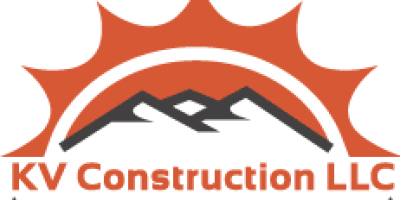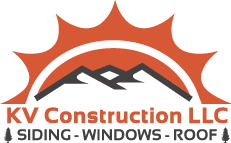Introduction
When deciding on the best siding for a home in Seattle, homeowners face a variety of choices. Among the most popular are vinyl siding and fiber cement siding. Both offer distinct advantages and can significantly enhance a home’s exterior durability and aesthetic appeal. This article delves into the key features, benefits, and considerations of each siding type to assist homeowners in making an informed decision.
Understanding Vinyl Siding
Vinyl siding is renowned for its cost-effectiveness, versatility, and ease of maintenance. Made from PVC (polyvinyl chloride), it stands up well against the elements, resisting moisture and wind. It’s also lightweight, making installation straightforward and less labor-intensive. Vinyl siding comes in a broad spectrum of colors and styles, providing numerous options for customization.
Key Benefits of Vinyl Siding
- Cost-Effective: Generally less expensive than other siding materials.
- Low Maintenance: Requires only occasional cleaning with mild soap and water.
- Durability: Does not rot or corrode, and is resistant to pests.
Exploring Fiber Cement Siding
Fiber cement siding, often recognized by the popular brand name HardiePlank, is composed of cement, sand, and cellulose fibers. This composition provides an extremely durable siding option that withstands adverse weather conditions and can last for decades. Fiber cement siding offers the appearance of wood, stucco, or masonry, making it a versatile choice for those looking to achieve a specific architectural style.
Key Benefits of Fiber Cement Siding
- Longevity: Designed to last 30 to 50 years with proper maintenance.
- Fire Resistance: Non-combustible material that can help reduce fire risk.
- Aesthetic Versatility: Available in various textures and finishes to mimic other materials.
Installation and Maintenance Considerations
Choosing the right siding involves considering not just the material cost but also installation and long-term maintenance. Vinyl siding typically requires less initial investment and is less demanding in terms of upkeep. Fiber cement, while more expensive upfront, may offer savings over time due to its durability and minimal maintenance needs.
Installation Challenges
- Vinyl Siding: Must be installed with care to allow for thermal expansion and contraction.
- Fiber Cement Siding: Heavier and requires more labor for installation, potentially increasing costs.
Maintenance Requirements
- Vinyl Siding: Vulnerable to cracking in extreme temperatures if not properly installed.
- Fiber Cement Siding: Needs periodic repainting and sealing to maintain its appearance and protective qualities.
Environmental Impact and Sustainability
In Seattle’s climate, the sustainability of building materials is increasingly important. Vinyl siding, while durable and low-maintenance, is a petroleum-based product and less eco-friendly at the end of its life cycle. Fiber cement siding offers a more sustainable alternative, often containing recycled materials and being more durable, thereby reducing the frequency of replacement.
Choosing a Reliable Siding Contractor
Selecting the right contractor is crucial to ensuring that your siding is installed correctly and efficiently. KV Construction LLC, a reputable siding company in Seattle, specializes in both vinyl and fiber cement siding installations. With expert installers and a commitment to quality, homeowners can trust their siding project to be handled professionally.
Conclusion
Choosing between vinyl and fiber cement siding involves balancing factors such as cost, maintenance, durability, and aesthetic preference. By understanding the unique benefits and limitations of each option, Seattle homeowners can select the siding that best suits their home’s needs and their personal preferences.


